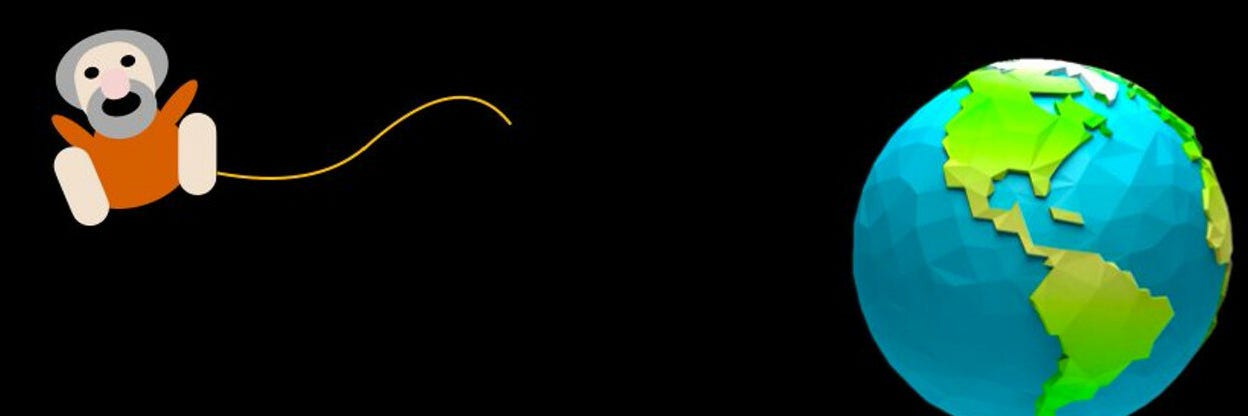


Life beyond dogma! Free-floating systems thinker & natural philosopher. Antifragilist extemporanian metamodernist. Open science, society & living.
Freelance Researcher, Philosopher & Educator
Scholar, Ronin Institute
Project Leader, JTF Project "Pushing the Boundaries", Dept of Philosophy, Uni Vienna
Associate Faculty, Complexity Science Hub Vienna
This profile is from a federated server and may be incomplete. Browse more on the original instance.